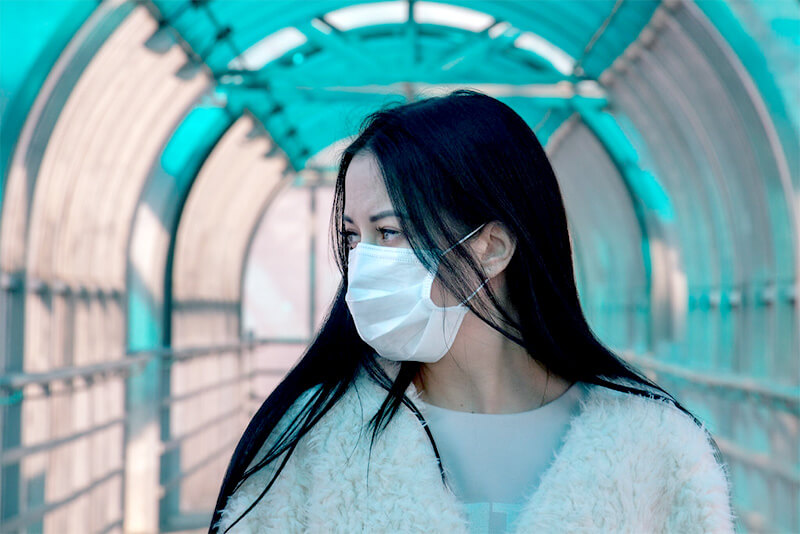 The COVID-19 pandemic is omnipresent in the lives of most Americans right now. With constant news about the spread of the coronavirus, business and school closures to limit exposure, and recommendations from the Center for Disease Control (CDC) to wear a mask in public and stay socially distanced, it can be a very stressful and anxiety-inducing time.
The COVID-19 pandemic is omnipresent in the lives of most Americans right now. With constant news about the spread of the coronavirus, business and school closures to limit exposure, and recommendations from the Center for Disease Control (CDC) to wear a mask in public and stay socially distanced, it can be a very stressful and anxiety-inducing time.
For rosacea patients, stress and anxiety may bring about flushing or bumps and pimples that can last for days and even weeks. Though a flare-up may seem likely, rosacea patients should not despair, because there many factors to maintain skin health that are still within our control.
Stick to Routines and Stay in Touch
“It’s important to stick to your skincare routine, keep your schedule, and maintain the semblance of a normal life, even if you aren’t going to be leaving the house or working like you might normally,” said dermatologist and psychiatrist Dr. Amy Wechsler. “Sleep patterns play an important role in how we deal with stress too, so don’t stay up so late if you don’t normally.” She also advocated for spending time outdoors while following proper guidelines. Including a daily walk in your routine may be beneficial for maintaining mental health.
As an expert on both skin and mental health, Dr. Wechsler offers unique insight into the impact our mental state can have on our appearance. She emphasized that loneliness can be particularly bad for our health. “Make sure you’re staying connected with loved ones in a way that allows for face to face visualization, rather than just audio phone calls which won’t fill the same void.”
For rosacea patients especially, it’s important to resist the urge to fill gaps in a social calendar and self-medicate for anxious feelings with excessive alcohol. Not only is alcohol a common rosacea trigger, it’s known to affect sleep patterns and mood.
In addition, those stuck at home with less to do may be tempted to start experimenting with new skincare products, but this may not be a good idea for rosacea sufferers. With so many variables in our lives right now, it’s important to continue a normal skincare routine if it’s working for you, in order to avoid causing a flare-up of rosacea symptoms.
Masks for Protection, but Protect Your Skin from the Mask
Applying a fragrance-free moisturizer for sensitive skin is another great way to maintain skin barrier function and reduce the potential for irritation or abrasion from a face mask.
“If you have to go into public, try to always use a new or clean mask.” said Dr. Estee Williams, assistant professor of dermatology at Mount Sinai School of Medicine. “As N95 masks are only recommended for a specific situation — for preventing virus transmission between a healthcare professional and a highly-symptomatic sick patient (think heavy coughing, face to face) — we are advising that everyone else protect themselves with plain cloth masks. Soft, natural materials like cotton are a great fabric choice for rosacea patients.”
Experiment with different mask designs to find one that fits well and doesn’t cause you to overheat, or if you’re crafty, fashion something new once you find a material that’s friendly to your facial skin. There are many DIY designs available, including no-sew options.
Rosacea patients who are experiencing a flare-up of symptoms should remember that dermatologists are considered essential workers. Even if you can’t do an in-person visit, your dermatologist may be able to help you over the phone or via video call.
Photo courtesy of Nik Anderson on flickr.